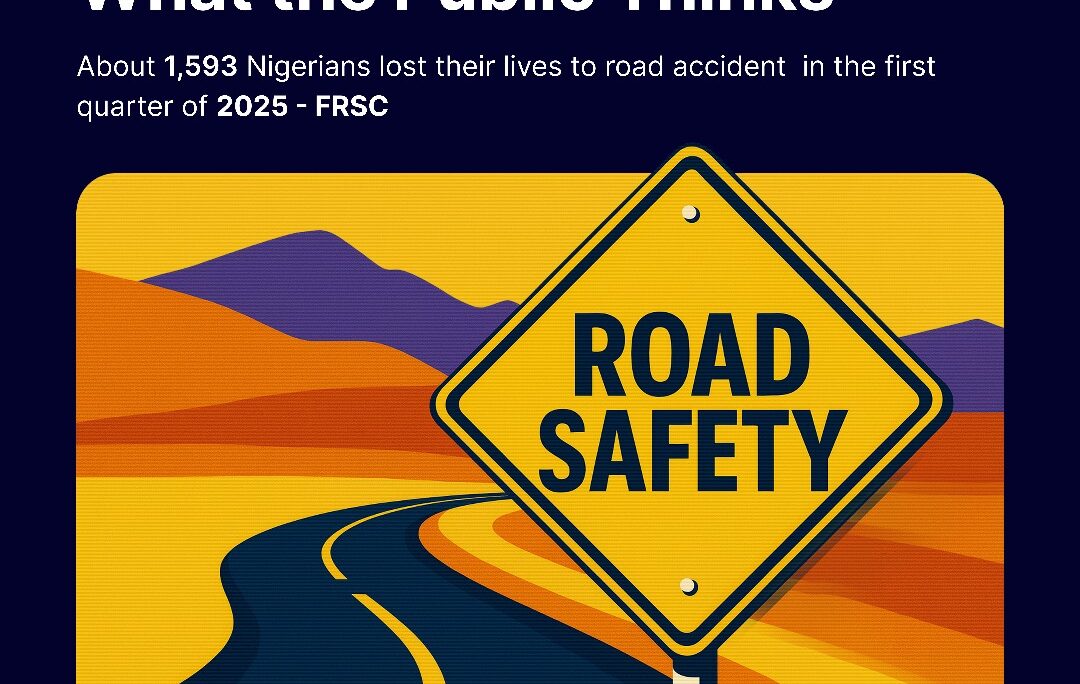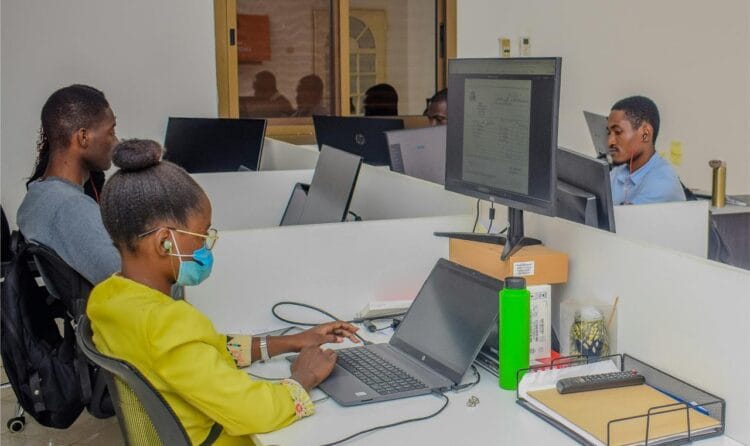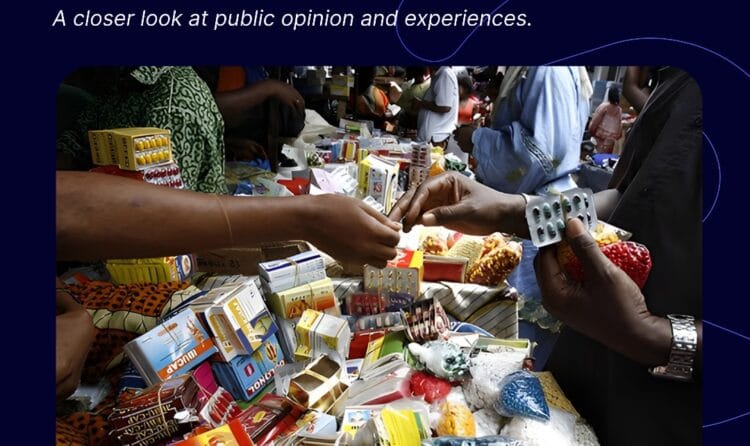Introduction
Road safety continues to be a critical challenge in Nigeria, where thousands of commuters and motorists share the highways daily. Despite numerous campaigns and safety measures, road accidents remain a major cause of fatalities and injuries across the country. The consequences extend beyond loss of lives; they also include physical disabilities, financial strain on families, and economic costs to the nation.
Addressing this issue requires an understanding of public perception about road accidents and the efficiency of emergency response services. To contribute to this conversation, a survey was conducted to gather insights into Nigerians’ experiences and opinions regarding road accidents and safety responses. The survey explored questions around accident experiences, perceived causes of accidents, accident timing, response time of officials, resource adequacy, and recommendations for improvement.
This report presents a detailed analysis of the survey findings, highlighting critical gaps and proposing actionable steps toward safer roads and more efficient emergency response systems in Nigeria. The survey was conducted by ResearchGains among a diverse group of respondents to capture a range of experiences and opinions. Participants answered seven questions focusing on accident experiences, causes, frequency, emergency response, and improvement priorities. The results provide an overview of public perception rather than absolute statistical representation but serve as a valuable guide for identifying areas of improvement in road safety management.
1. Experience with Road Accidents
Insight: The high percentage of people who have either witnessed or been involved in road accidents demonstrates the alarming prevalence of crashes on Nigerian roads. This underscores the need for preventive strategies and stronger enforcement of road safety measures.
2. Leading Cause of Road Accidents
Insight: Behavioral factors, particularly overspeeding and reckless driving, dominate as perceived causes of accidents. While infrastructure issues remain significant, human factors appear to be the biggest contributor according to public opinion.
3. Time of Day Accidents Occur Most Frequently
Insight: Accidents are believed to occur most frequently at night, which may be linked to poor visibility, driver fatigue, and lower enforcement presence during late hours.
4. Types of Vehicles Most Involved in Accidents
Insight: Trucks and trailers are perceived as the most frequent culprits in road accidents, likely due to poor maintenance, overloading, and inadequate monitoring of heavy-duty vehicles.
5. Response Time of Road Safety Officials
Insight: A majority of respondents believe that emergency response takes over an hour, which raises concerns about survival rates for accident victims. Only a small fraction of participants (6%) think help arrives within 15 minutes.
6. Adequacy of Resources for Accident Response
Insight: More than half of the respondents believe officials lack adequate resources. This perception points to critical shortages in ambulances, medical supplies, towing vehicles, and communication systems.
7. Top Priority for Improving Road Safety Response
Insight: Speed of response is the most desired improvement, followed by provision of more resources. This reinforces the urgency of addressing response delays and logistical challenges.
Discussion
The survey reveals that road accidents are a common experience among Nigerians, either through direct involvement or observation. Overspeeding stands out as the leading cause, signaling the need for behavioral change campaigns and stronger enforcement of speed limits. The belief that most accidents happen at night suggests gaps in nighttime safety measures and monitoring.
The perception of slow emergency response and inadequate resources is a critical red flag. When accidents occur, timely intervention can mean the difference between life and death. Unfortunately, the majority of respondents feel that road safety officials lack both the speed and resources to respond effectively.
Improving professionalism and investing in capacity building will help restore public trust in emergency services. Beyond enforcement, a multi-faceted approach involving public education, infrastructure improvement, and resource allocation is essential.
Conclusion
Road safety in Nigeria demands urgent attention, as highlighted by the voices of those who face the risks daily. While individual behavior plays a significant role in accident prevention, government agencies must also improve their capacity to respond swiftly and effectively. By prioritizing faster emergency response, providing adequate resources, and enforcing traffic laws, Nigeria can take meaningful steps toward safer roads for all.
For more insights visit researchgains.com





